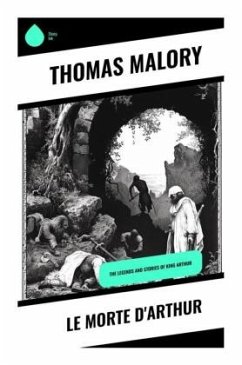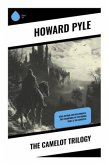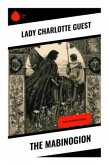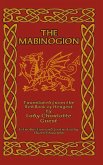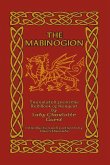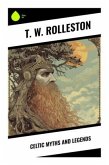In "Le Morte d'Arthur," Thomas Malory weaves a rich tapestry of Arthurian legend, presenting a narrative that interlaces themes of chivalry, honor, and tragic fate. Composed in the 15th century, this foundational work employs a distinctive prose style characterized by elevated language and a sense of grandeur, reflecting the medieval value system. Malory's compilation of stories, drawn from earlier romances and histories, not only chronicles the rise and fall of King Arthur and the Knights of the Round Table but also serves as a commentary on the complexities of human nature and the inevitable decline of noble ideals. His work is notable for its psychological depth, exploring the personal dilemmas faced by its legendary characters, particularly within the fabric of a morally ambiguous society. Thomas Malory was an English writer and knight, whose own life experiences, including his imprisonment and complex relationship with the law, profoundly informed his portrayal of chivalric themes. His background provided him with a unique lens through which to view the tales of chivalry and valor, often juxtaposed against betrayal and moral failure. This duality in his life and writing illuminates the inherent conflict in the quest for honor, making his interpretations of Arthurian lore particularly resonant. "Le Morte d'Arthur" is highly recommended for readers seeking a deep exploration of myth, morality, and the human condition. This seminal text not only lays the groundwork for the Arthurian tradition in literature but also invites reflection on timeless themes that continue to resonate in contemporary discussions of heroism and ethical conduct. Its enduring relevance makes it an essential read for anyone interested in the complexities of chivalric narratives and their implications across time.
Bitte wählen Sie Ihr Anliegen aus.
Rechnungen
Retourenschein anfordern
Bestellstatus
Storno

